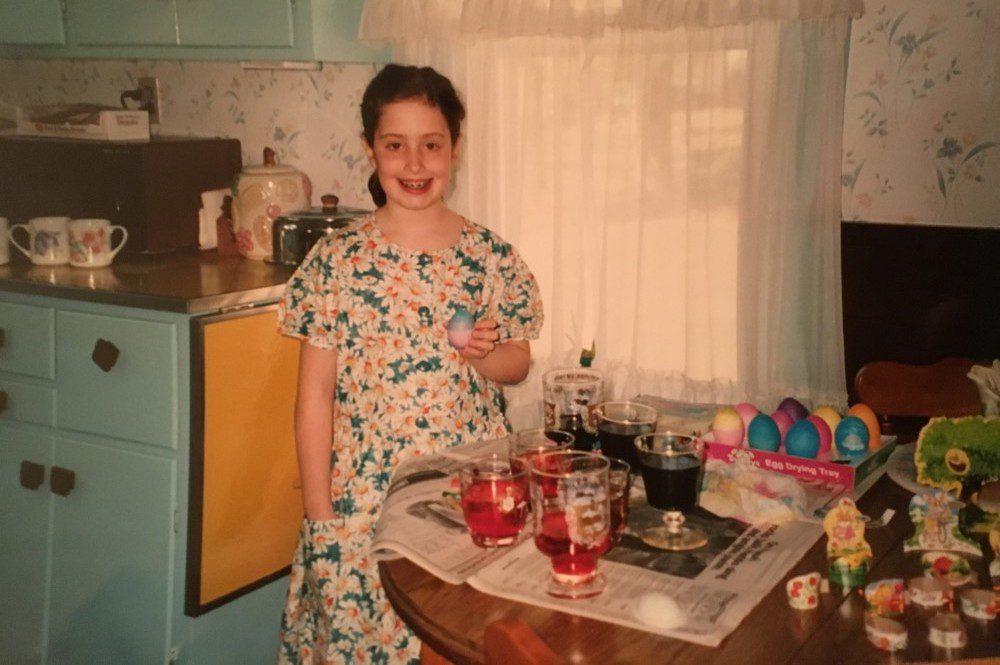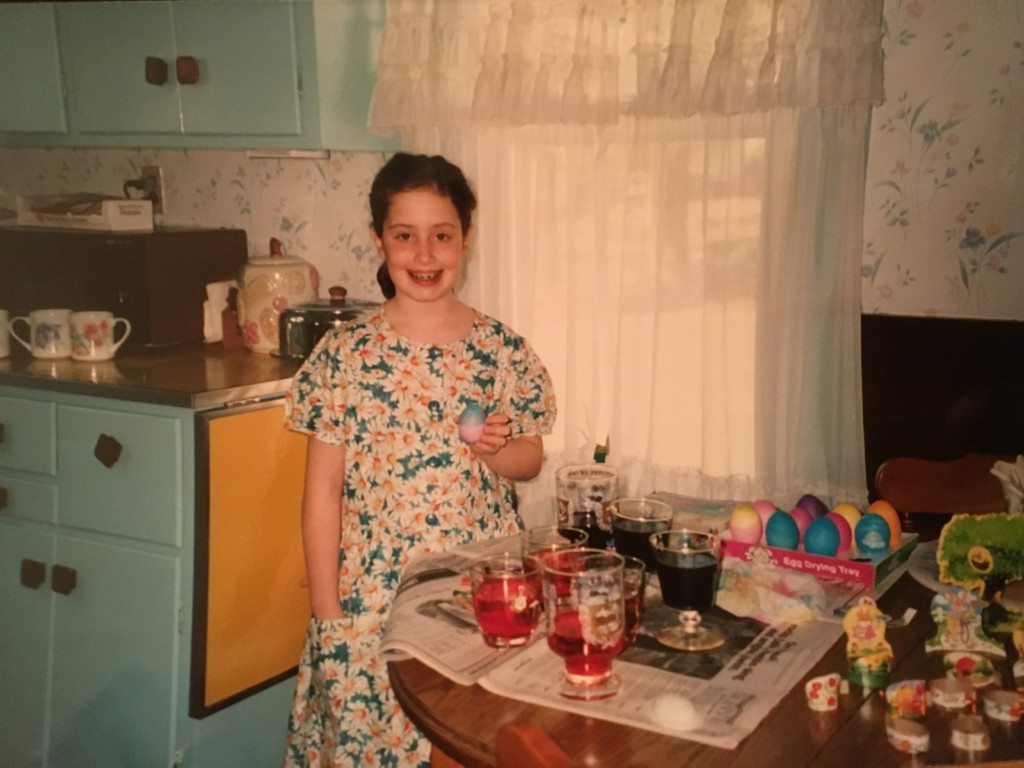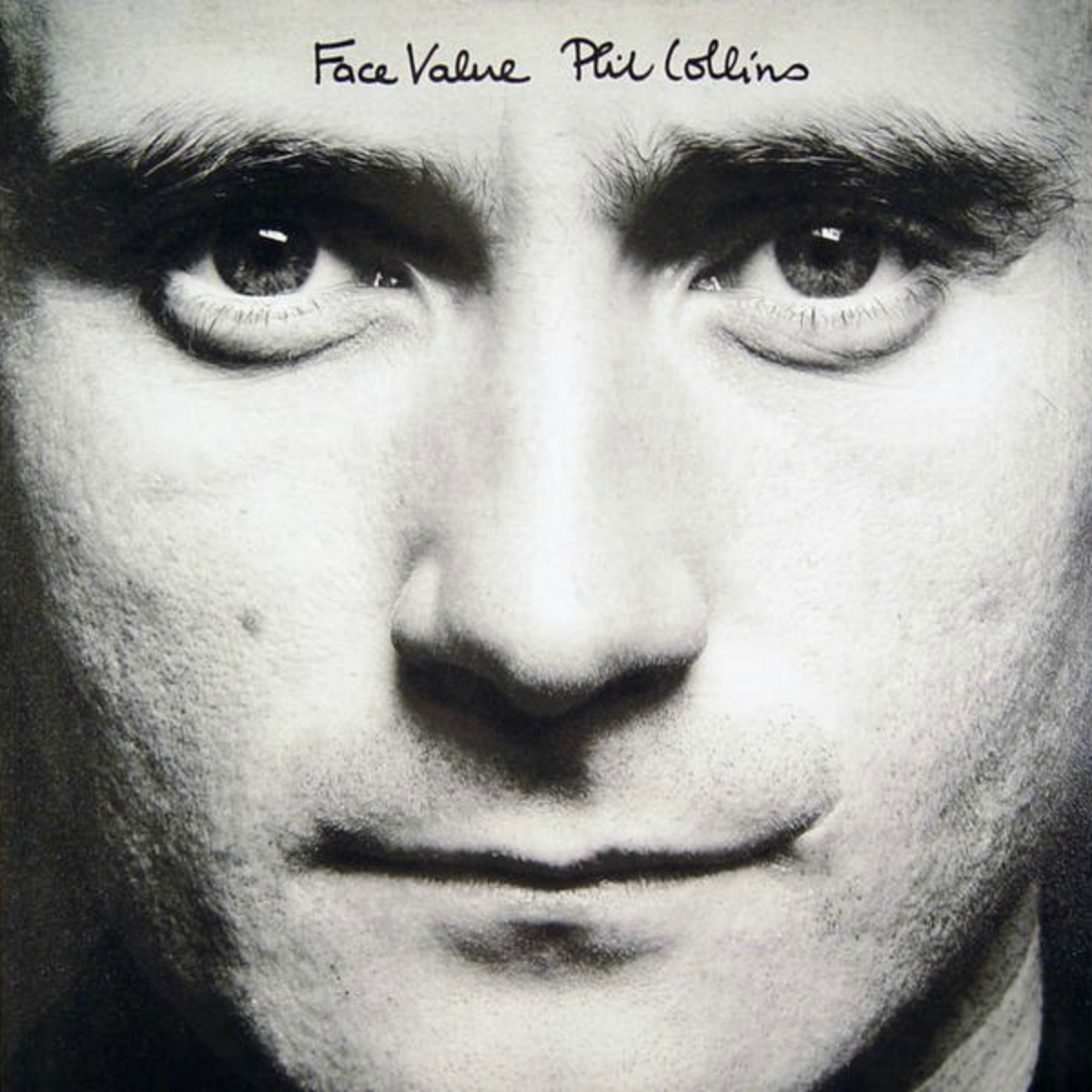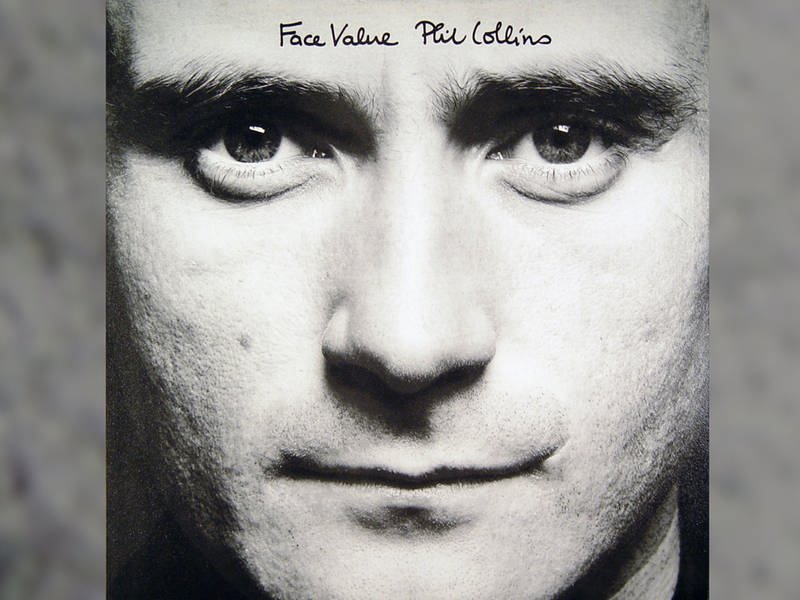

ONLY NOISE explores music fandom with poignant personal essays that examine the ways we’re shaped by our chosen soundtrack. This week, Kiri Oliver takes us on a trip with the soundtrack to her childhood – before “coolness” dictated the playlist.
Growing up, my parents rarely played albums in the house — I mostly remember hearing classical radio in the background. But they had three portable cases of cassettes that they brought on car trips, most often to my grandparents’ house in Connecticut. It was an eclectic mix of ‘80s and ‘90s albums, many of which remain among my favorites to this day.
I’ve realized over time that these albums embody a strong sense of nostalgia for me — nostalgia for a very specific set of circumstances that allowed me to listen to and absorb music without context. It was the pre-internet era, and therefore pre-everyone having takes on everything all the time. It was also before I started talking to other people about music, going to shows, being a part of scenes, and building my identity around the bands and genres I liked.
I really appreciate that I had the experience of learning what I liked musically as a kid and preteen without anyone telling me what was cool or not—messages I later had a hard time disentangling from my tastes. In some ways, I knew what I liked when I was nine and rocking out in the backseat more than I did when I was 19 and hanging out with indie rock snobs who worshiped Pere Ubu and said things like “don’t worry, your tastes will mature.”
And now, when I go back and listen to what my nine-year-old self flipped out over, I still hear what excited me so much the first time around. I also hear so many of the elements I’m still drawn to as a fan and songwriter, including theatricality, giant hooks, piano, harmonies, and vocals shot through with emotion. A few highlights from the car tapes are below, and my full playlist is here.
Enya – “Book of Days”
I don’t know why my parents were so into Enya, but we had at least four of her tapes in the car. My favorite song was “Book of Days,” a lush, rousing number with approximately 1,000 layers of vocals in Irish Gaelic that predicted my obsessive love of the Titanic soundtrack. I listened to it just now and had a minor life crisis wondering how I never noticed the chorus was in English—according to Wikipedia, the original version was replaced with a bilingual one that now appears on the album instead. Irish Gaelic 4ever.
REM – “Try Not to Breathe”
REM was another heavy hitter in the car rotation. “Try Not to Breathe” from Automatic for the People was always one of my favorites, but I honestly didn’t realize until now that it’s about death. How did I not get that before, you might ask, when it includes lyrics like “I will try not to breathe/This decision is mine/I have lived a full life/And these are the eyes that I want you to remember”? I have a different relationship to the music I loved when I was very young, which I didn’t necessarily absorb or connect with on a topical level even though I could sense the feelings being expressed. So I knew this was a sad song—just not this sad.
Phil Collins – “Something Happened on the Way to Heaven”
I still haven’t figured out whether liking Phil Collins is definitely uncool, or passably cool if it’s ironic, but I don’t care—I love Phil Collins. This song’s dramatic, horn-laden introduction sounds like the lead-up to a West Side Story-style dance fight. In 2018, the chorus lyrics “you can run and you can hide, but I’m not leaving unless you come with me” sound a bit ominous and coercive. But in the song, Phil sounds naively hopeful enough to pull it off—and the cheery horns definitely help.
Sarah McLachlan – “Vox”
Before she was known for her coffeeshop fare and Lilith Fair, Sarah McLachlan made ethereal new-age albums in the ‘80s. My evidence backing up this statement is that I listened to her album Touch a LOT and the tape said 1989 on the back cover. Anyway, “Vox” is music for frolicking fairies, full of sparkling acoustic guitar and soaring vocals (including a less-angsty version of a Tori Amos wail). It also has a bouncy synth riff thrown on top of all this, which both makes no sense and is perfect.
Live – “Pillar of Davidson”
Is it weird for a 5th grader’s favorite song to be an almost 7-minute album track that I just learned is about factory workers’ rights? Probably. Does this song still rip? Absolutely. It starts with an old western, rolling-tumbleweeds feel and escalates into one of the biggest choruses I’ve ever heard, with Ed Kowalczyk rhapsodizing about “the shepherd of my days” while the drummer goes to town on the ride cymbal. I still lose it every time I listen.
Patty Smyth and Don Henley – “Sometimes Love Just Ain’t Enough”
This is a beautiful and melancholy duet about adult heartbreak that I couldn’t have possibly understood at the time, but it still genuinely moved me. Did I know from my ten years of life experience that “there’s a danger in loving somebody too much”? Definitely not. Did I personally relate to Patty’s lament in the bridge that “there’s no way home when it’s late at night and you’re all alone”? Nope, but I’ve apparently always been a sucker for power ballads.
Meat Loaf – “Everything Louder Than Everything Else”
My revelation from revisiting Meat Loaf’s albums is that Bat Out of Hell is the original American Idiot. Listen to this song from part II: it starts with a chant of “wasted youth,” it ambitiously crams a ton of parts into 7.5 minutes, it has a whole background choir, AND it’s about both war and chicks. Key lyric: “You gotta serve your country, gotta service your girl/You’re all enlisted in the armies of the night.” It’s insane to me that it took until 2017 for Bat Out of Hell The Musical to exist (it ran in London and Toronto, with a tour and NYC run in the works).
I think my parents still have the tapes in the back of a closet, although they’ve long since upgraded their car to one without a tape deck, and I’ve achieved the stereotype of native New Yorker who can’t drive. But I’ve been rocking out to my Car Tapes playlist for a few years now, and I’ve found that it brings me comfort, joy and a break from the endless pursuit of keeping up with new media. We spend so much time taking in new information so we can carefully curate our image and tastes for the consumption of friends, acquaintances and strangers; it feels like a radical act of self-care to detach and dance around my room to a goofy song I loved deeply and unironically when I was nine. I was so sure then of what spoke to me, without needing to explain or even understand why. All these years later, with a head full of countless other people’s musical opinions, it feels so good to tune that out and tune into a channel that feels like mine alone – a channel that happens to play a lot of Enya.



